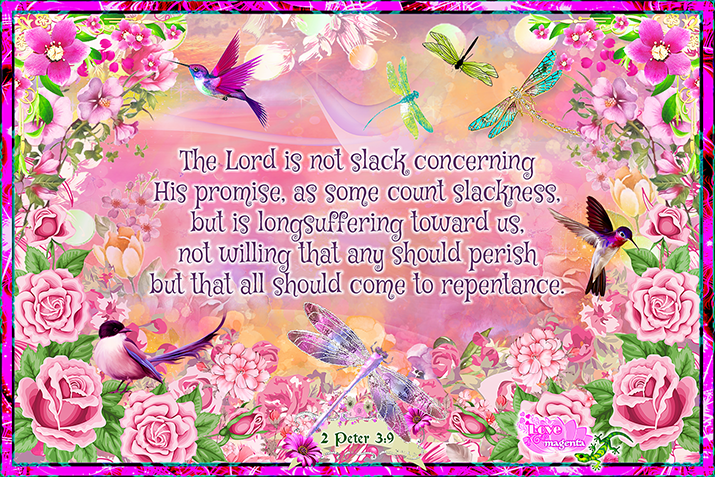Aren't some vessels prepared for destruction and some for mercy? (might have gotten that wrong) Doesn't that mean some people are predestined for hell (or even, everyone who goes there was predestined for there?)?
That would mean that God punishes people for not making a choice that was never offered to them in the first place. I do not see that as being consistent with His loving, just, and merciful character. At face value, some verses seem to suggest that is the case (as per the question Paul puts forth, to which you alluded), which Calvinists argue for, along with verses like Proverbs 16:4~
KJV: “The LORD hath made all things for himself: yea, even the wicked for the day of evil.”
NIV: “The LORD works out everything for his own ends–even the wicked for a day of disaster.”
NLT: “The LORD has made everything for his own purposes, even the wicked for a day of disaster.”
ESV: “The LORD has made everything for its purpose, even the wicked for the day of trouble.”
Juxtapositioned against Psalm 145:9 “The LORD is good to all: and his tender mercies are over all his works.”
And
1 John 2:2
Christ “is the atoning sacrifice for our sins and not only for ours but also for the sins of the whole world
Romans 5:18:
“Just as the result of one trespass was condemnation for all men, so also the
result of one act of righteousness was justification that brings life for all men”
Romans 11:32:
“For God has bound all men over to disobedience so that he may have mercy on them all”
John 12:32:
“For Christ’ love compels us, because we are convinced that one died for all…”
Titus 2:11:
“For the grace of God that brings salvation has appeared to all men…”
Hebrews 2:9:
But we see Jesus, who was made a little lower than the angels, now crowned with glory and honor
because he suffered death, so that by the grace of God he might taste death for everyone”
It seems contradictory, unless you look at the root of the Hebrew word translated about various as “everything for its purpose”, “all things for himself”, and “everything for his own”. None of these translations capture the meaning of the Hebrew (ma’aneh). The literal translation of the word ma’aneh is “give an answer to” or “response”. So the phrase “all things for himself” should read “all things to give an answer to himself” or “all things to give a response to himself”. In other words, everyone is responsible for what they do and will be called into account, even the wicked for the day of distress.
Joel 2:28, 32:
“I will pour out my Spirit on all people… And everyone who calls on the name of the Lord will be saved”
Revelation 22:17:
The Spirit and the bride say, ‘Come!’ And let him who hears say, ‘Come!’ Whoever is
thirsty, let him come; and whoever wishes, let him take the free gift of water of life”
1 Timothy 2:3-6
“This is good, and pleases God our Savior, who wants all men to be saved and to come to a knowledge of the truth. For there is one God and one mediator between God and men, the man Christ Jesus, who gave himself as a ransom for all men…”
John 12:32 "And I, when I am lifted up from the earth, will draw all people to myself."
Yes, God makes it possible. No, I am not a universalist 


